Details
Specification
- Inner Fabric: Breathable Polyester
- Flysheet (Outer): 190T PU polyester coated, Fire retardant
- Center Height: 3.6 FT.
- Water Column: 3000mm Rainfall
- Poles: Fibre Glass Poles
- Dimensions (L x W x H): 200 x 150 x 120 cm
- Pack Size: 45 cm x 16 cm x 15 cm
- Weight: 3.00 kg
- Accessories: 1 Door, 1 Window, Wind Ropes, Pegs, Packing Bags
- Colors: Off white, Blue , Green

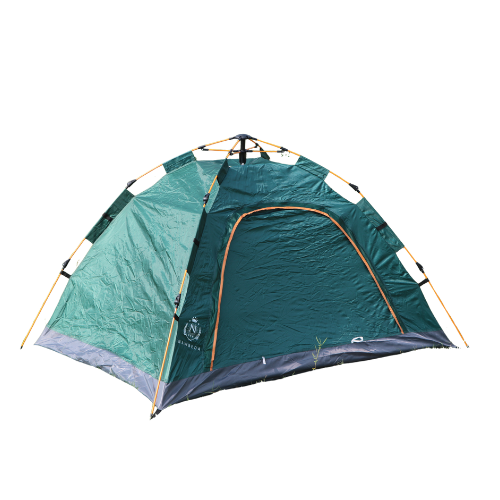
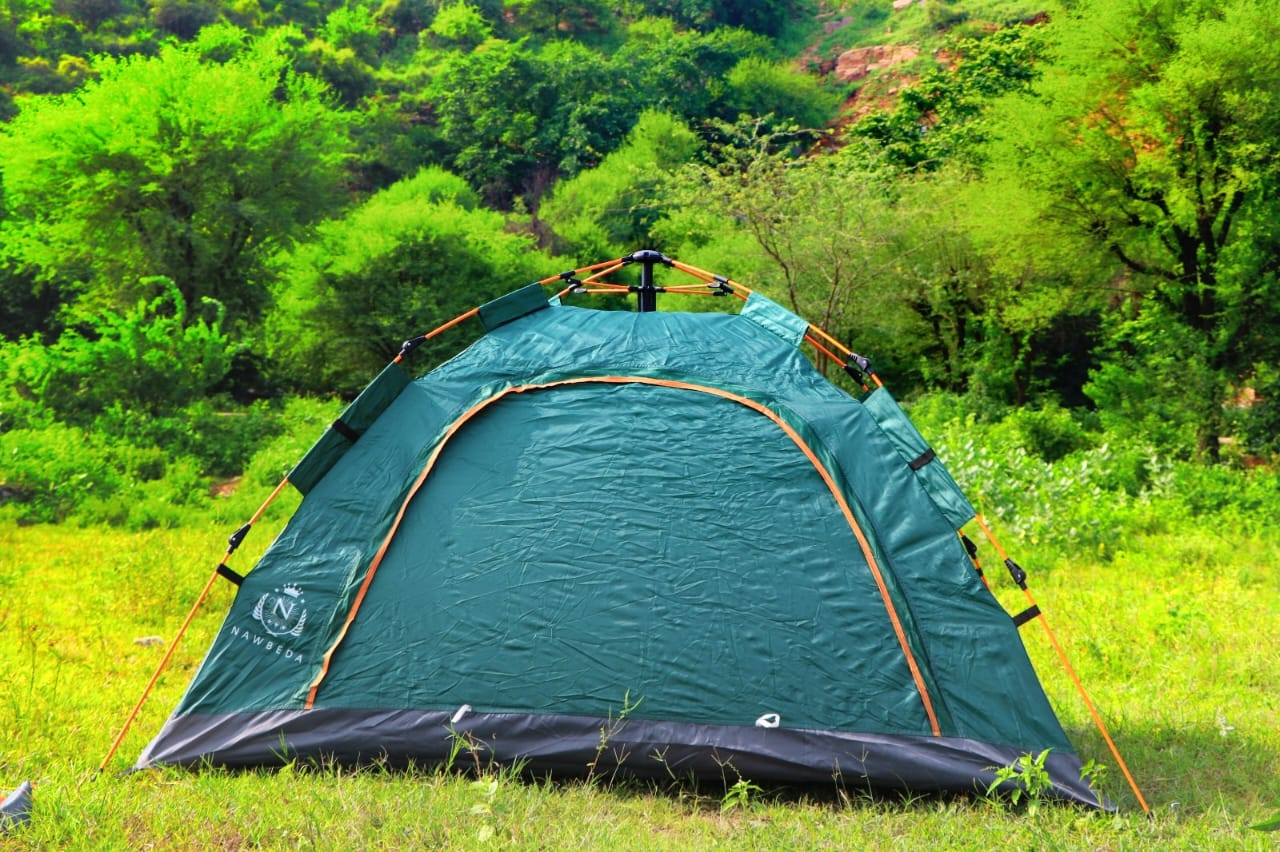
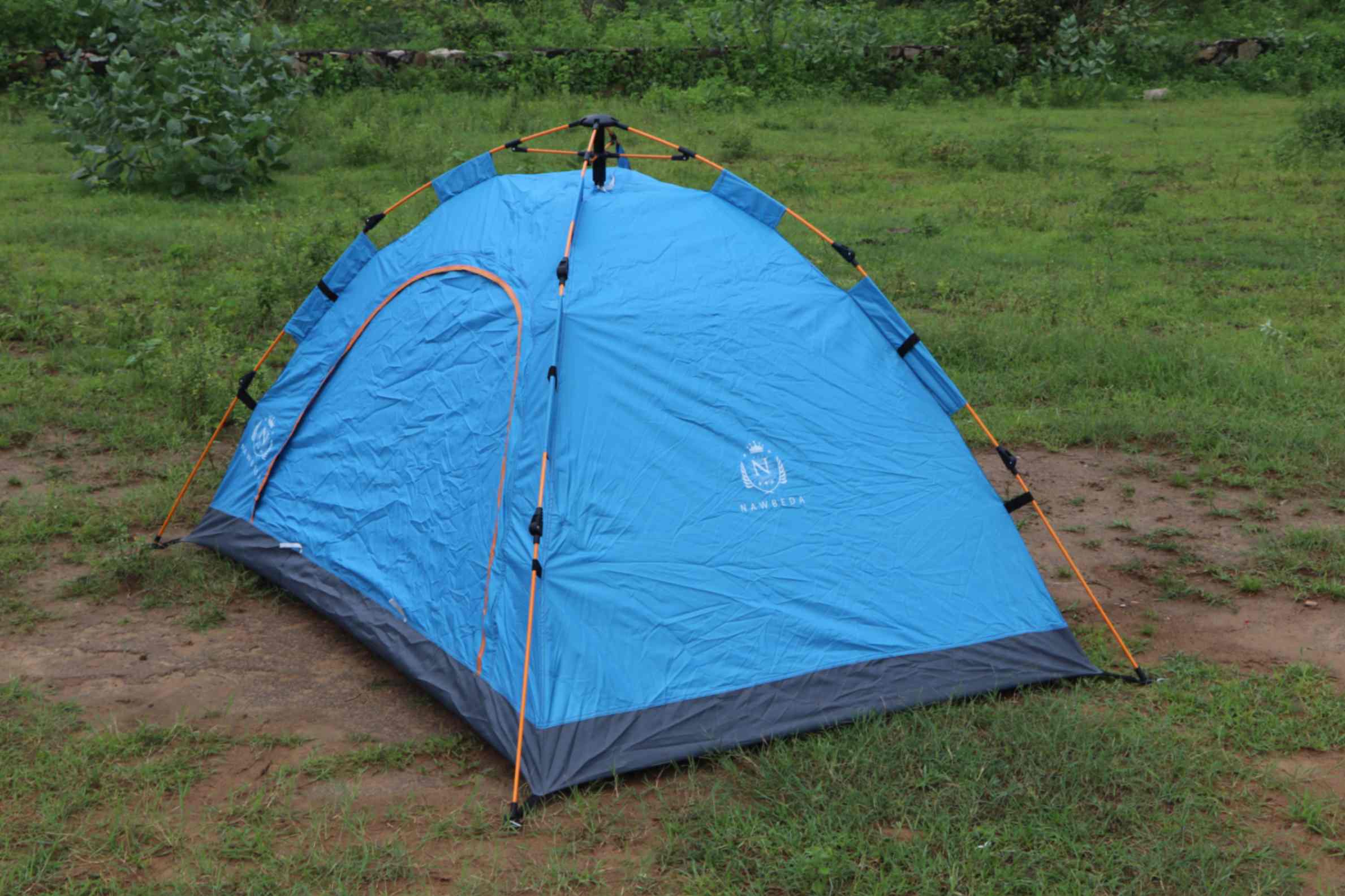

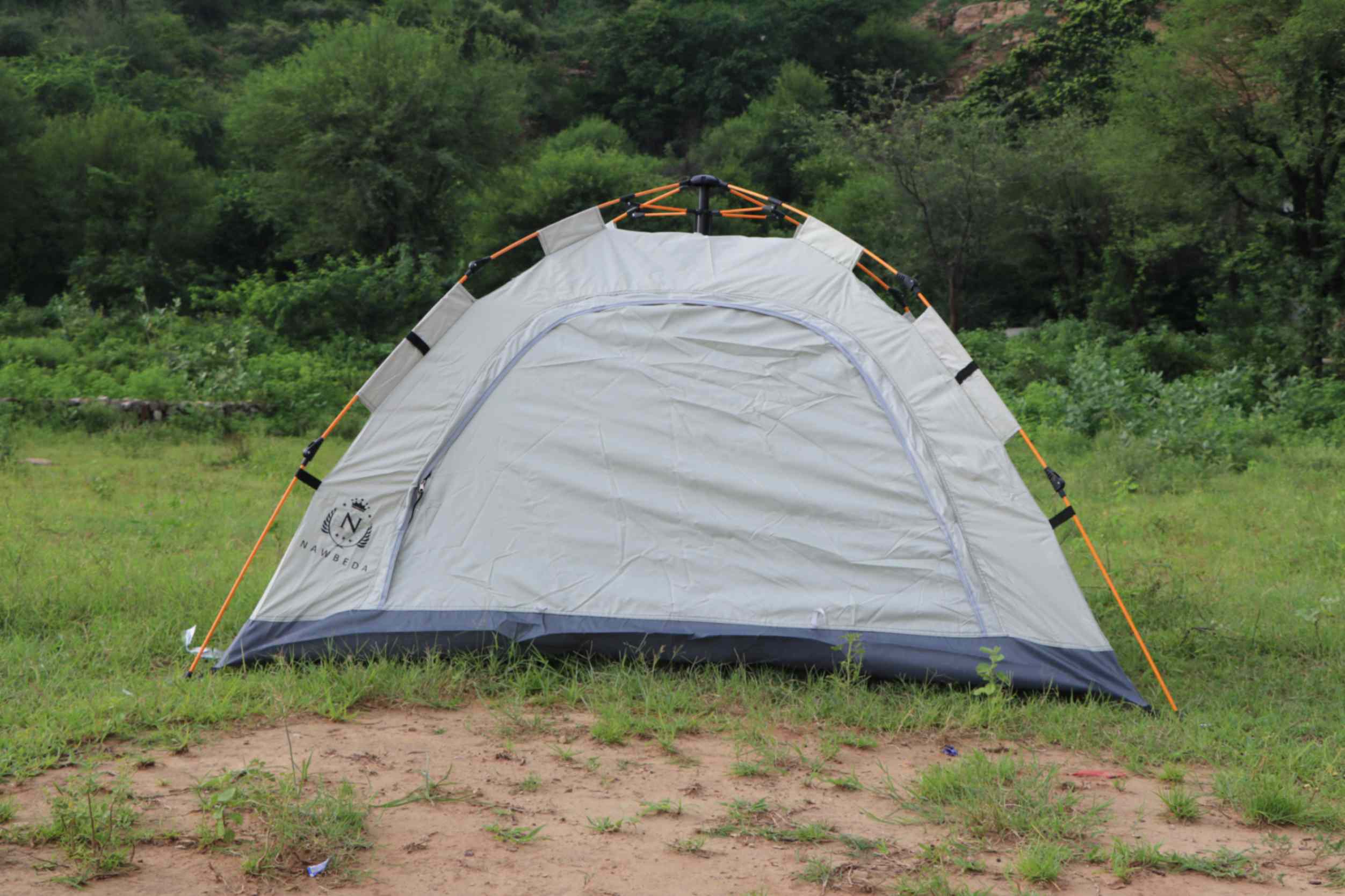



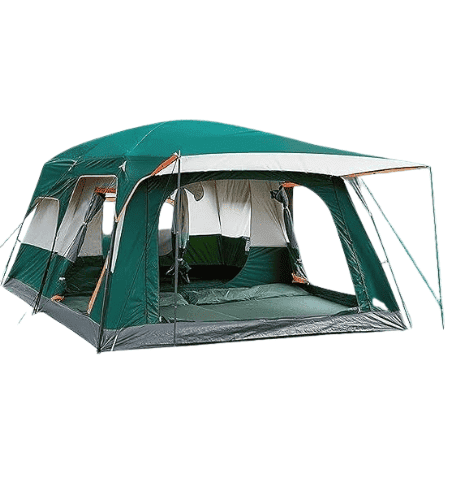
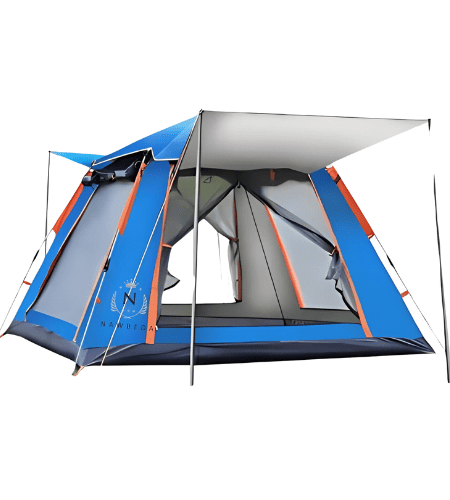
There are no reviews yet.